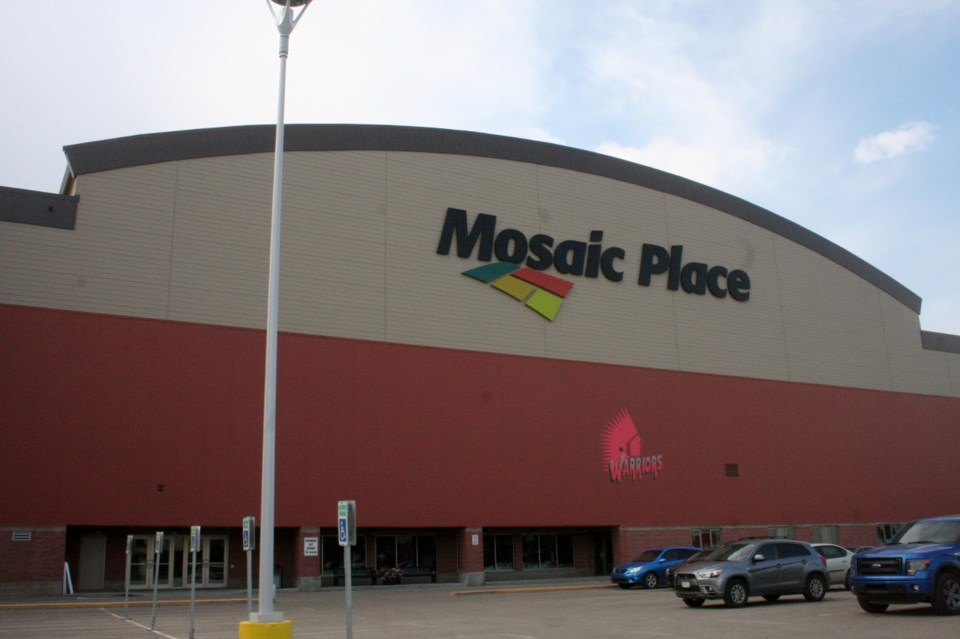City hall may have to increase funding to its building reserve accounts considering mechanical equipment such as boilers appear to have a maximum lifespan of 10 years, as Mosaic Place discovered.
During its recent meeting, city council unanimously approved a motion to allow Mosaic Place to spend $125,000 to replace both of its boilers. The heat exchangers in both devices failed in late 2021, leading to glycol leaks that could have affected the building’s heating and refrigeration systems.
The municipality performs regular preventative maintenance at venues such as Yara Centre and Mosaic Place, but what’s happening is most equipment appears to last no more than a decade, city manager Jim Puffalt said during a recent media scrum. He experienced similar problems last year after his home water heater died, so he understands the finite lifespan equipment has.
“It’s (happening at) all our facilities. Anything that’s around 10 years old when it comes to boilers and that kind of thing,” he stated. “Hot water heaters, RO (reverse osmosis) systems, they’re all seeming to go. We just had to replace one at the Kinsmen (Sportsplex); the hot water tank was 10 years old.”
City administration is having conversations about bumping up financial contributions to reserve accounts, which are “tremendous” and help the municipality pay for items, Puffalt continued.
However, he didn’t know if there was enough reserve money to cover similar mechanical failures and equipment replacements a decade down the road. That is why he thought reserves needed to be increased, so municipal officials don’t need to approach council every time for money.
“I think this is certainly an unforeseen (issue). There’s no way you can estimate the lifespan. Around 10 years is when something is going to go. Unfortunately, when things fail, they fail,” said Puffalt. “A lot of those items on our ice plants and buildings are pretty mission-critical, so we have to come back (to council). Fortunately, this was money we have in reserve for the building (Mosaic Place), and we’re able to use it.”
During the scrum, the media pointed out that boilers used to last 20 to 25 years and wondered if the city had changed how it treated water and whether filters were needed to prevent the breakdowns.
“If we had the answer, it would be amazing. But I don’t know what the answer is,” Puffalt replied. “I know there are boilers in older buildings downtown that have been there forever. So how come those last forever and they’re using the same water as other ones? We just don’t know what the issue is.
“Maybe we have to spend more money on the boilers and not less.”
Puffalt declined to speculate on whether contractors who helped build Mosaic Place cut corners with the boilers they installed. He noted that it had been 11 years since construction, so he knew nothing about what happened back then.
“Hindsight is crystal clear. When you have a budget and costs come in, you gotta find ways to cut it, or you can’t build. You’re limited in the money you have,” he added. “I (would) never say the builders had cheaped out because I don’t know, and if you have a finite budget, you can only do so much.”




